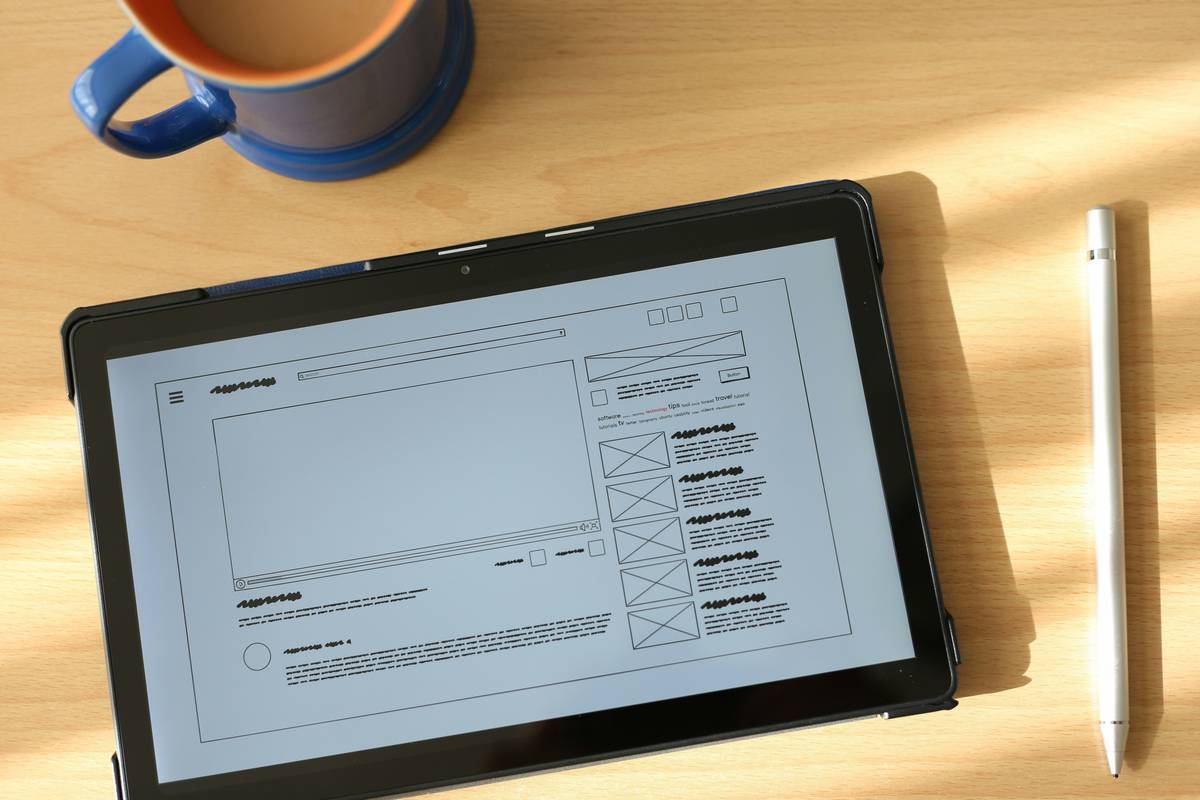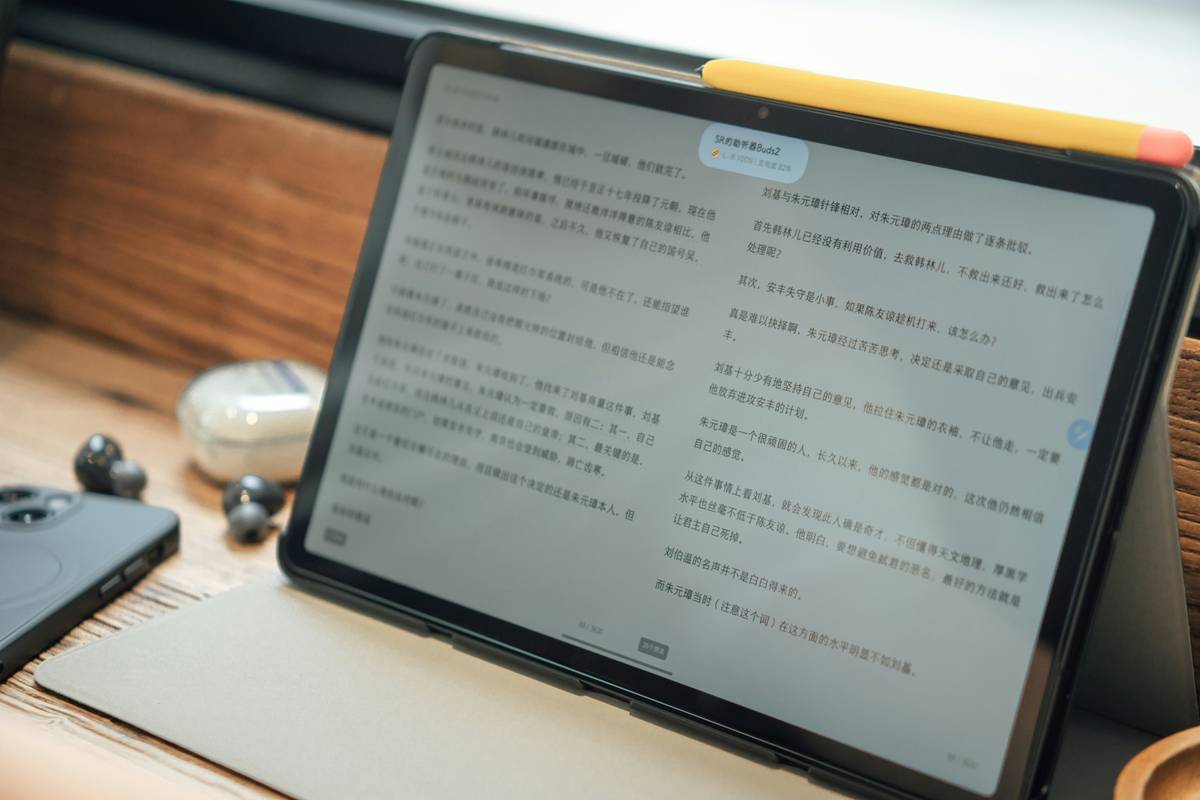Ever found yourself drowning in a sea of PDFs, sticky notes, and browser tabs while trying to organize your research? Yeah, us too. Spoiler alert: There’s an app for that. But which one should you trust to handle your academic life like it’s precious cargo? In this guide, we’ll dive deep into finding and using the ultimate research paper manager. Stay tuned—you’ll walk away knowing exactly how to streamline your research process without losing sleep (or your sanity).
Table of Contents
- Introduction
- Why You Need a Research Paper Manager
- How to Choose the Perfect Research Tool
- Top Tips for Using Your Research Paper Manager Effectively
- Real-World Success Stories from Pro Users
- Frequently Asked Questions About Research Paper Managers
- Conclusion
Key Takeaways
- Using a dedicated research paper manager boosts productivity by decluttering your workspace (digital or otherwise).
- Not all tools are created equal—look for features like tagging, collaboration options, and citation support.
- Avoid common pitfalls like neglecting backups and overloading on unnecessary subscriptions.
Why You Need a Research Paper Manager
Let’s get real for a second. Imagine spending hours hunting down that *one* article buried under dozens of folders when inspiration strikes. It sounds like nails on a chalkboard, right?
I once spent four hours searching for a single source because I thought naming files “FinalDraft_Final_FINAL_v3” was clever. RIP my GPA.
“Optimist You:” ‘There has to be a better way!’
“Grumpy You:” ‘Ugh, fine—but only if coffee’s involved.’

How to Choose the Perfect Research Tool
What Makes a Great Research Paper Manager?
You need something intuitive yet powerful enough to handle mountains of data. Here’s what to look for:
- Citation Support: Tools like Zotero and Mendeley make referencing a breeze.
- Collaboration: If teamwork is part of your workflow, pick software with shared libraries.
- Cloud Sync: Lose no sweat about device switches—automatic syncing saves the day!
Pet Peeve Rant: Lackluster Search Functions
Seriously, why do some apps still force us to scroll through endless lists just to find that one tagged keyword?! This ain’t 1999 anymore; search functions NEED to work smartly.

Top Tips for Using Your Research Paper Manager Effectively
- Tag, Don’t Fling: Use tags instead of dumping everything into vague categories like “Miscellaneous.”
- Backup Regularly: Automate cloud backups or kiss goodbye to months’ worth of hard work.
- (Terrible Tip Disclaimer): Trying to use five different tools at once will leave you more confused than productive.

Real-World Success Stories from Pro Users
Meet Sarah, a PhD candidate who swears by her research paper manager:
“Before switching to Notion, I felt like Sisyphus rolling a boulder uphill every time I had to compile references. Now? It takes me less than five minutes to generate bibliographies. Game changer!” – Sarah T.
Frequently Asked Questions About Research Paper Managers
Are Free Tools as Good as Paid Ones?
Depends! While free versions offer solid basics, paid tiers often add perks like unlimited storage and priority customer service.
Can I Trust Apps with My Data?
Always choose reputable platforms with transparent privacy policies. Nobody wants their groundbreaking thesis hacked mid-draft!
Conclusion
Gone are the days of chaotic desktops littered with random PDFs. With the right research paper manager, you’re well-equipped to stay organized and focused. Remember, consistency beats complexity here. Start small, stick to best practices, and don’t overload yourself with tools.
And now, for old times’ sake: Like a Tamagotchi, your organizational skills need daily care. 🌱


